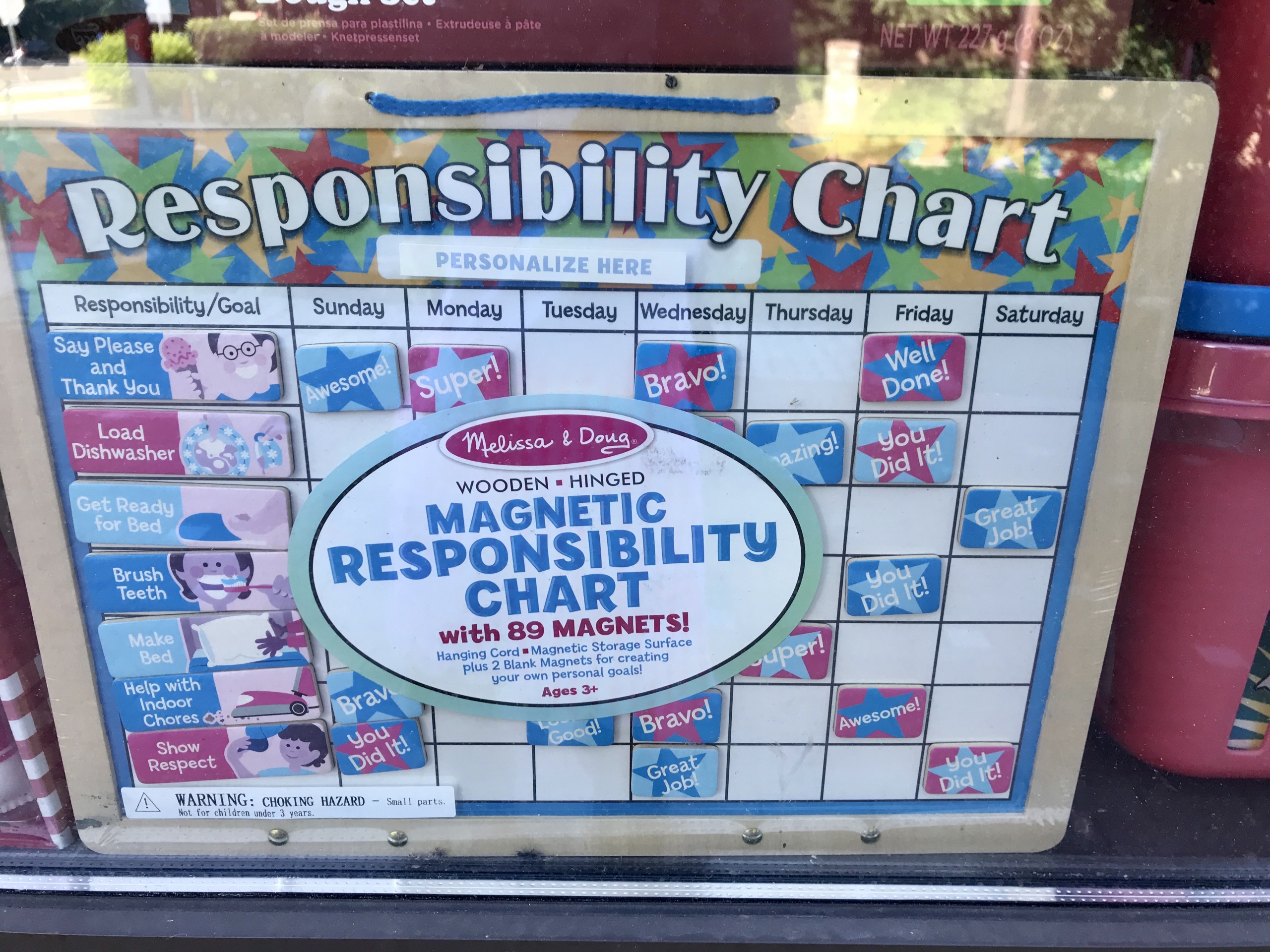A real apology has three main components: (1) it acknowledges the actions taken and resulting pain inflicted on you; (2) it provides an action plan for how s/he will right the wrong; and (3) there is an actual change in behavior proving to you that there won’t be a repeat of the past. Without these 3 key elements, all you have is an empty statement that leaves you with zero confidence that history will not repeat itself.
The lamest of all apologies to me is this one: “sorry if I hurt your feelings.” First, remove the “if” because when I am pissed, it’s for good reason. Second, my feelings are based on actual events that transpired, which should be the focal point of the conversation. When we have been wronged, what we need most is validation for our feelings and some proposal for how justice will be restored. An empty apology will never give you that, but a toxic person will go one step further– that person will get defensive, deny any wrong, and try to gaslight you. These individuals will try to blame-shift and threaten you, leaving you with a sick feeling in the pit of your stomach.
In a truly healthy relationship, when a conflict arises, you work through it together and in the end feel like you have developed a better understanding for one another. No one is perfect, and a normal person will own up to his/her mistakes, but let’s be clear on what a mistake is — it stems from a misunderstanding, is something accidental and results in an action that was misguided. This is totally different from someone making a clear and deliberate choice to pursue their own wants/desires regardless of how it impacts anyone else, and later s/he only feels badly because they got caught in some lie … or with another man or woman.
Betrayals from a romantic partner are particularly hard to overcome, precisely because they indicate a complete breach of trust, which is the very foundation of any solid relationship. Even worse is when you discover that it’s not a one-time lapse of judgment, but rather a long established pattern. In Spain, we have a phrase that my dad recently used, “a fox may shed its fur, but not its habits.” As a result, when you are dealing with repeat offenders, sooner or later you will grow tired of the excuses, the love-bombing and all their empty apologies.
In the end, only you can decide whether to accept someone’s apology or not– and then it is your choice to decide whether you want to forgive someone and to what extent. Forgiveness doesn’t mean you will continue the relationship or forget what happened, nor will you condone the bad behavior or make yourself vulnerable again. What it does mean is that you will work past the immense disappointment so you don’t hold on to the resentment, but rather you will let go of the negative feelings so you can make room in your heart for the love you truly deserve.
By Regina A. DeMeo








